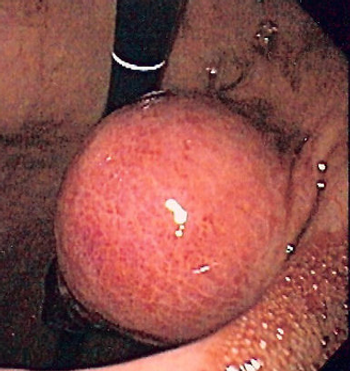
Caris Diagnostics (Caris Dx), a provider of diagnostic, translational development and pharmaceutical services encompassing anatomic pathology and molecular testing, announced that it is now offering KRAS mutation analysis, designed to provide information on which colon cancer patients are most likely to respond to cetuximab (Erbitux), comarketed by ImClone and Bristol-Myers Squibb, or panitumumab (Vectibix) developed by Amgen.
































